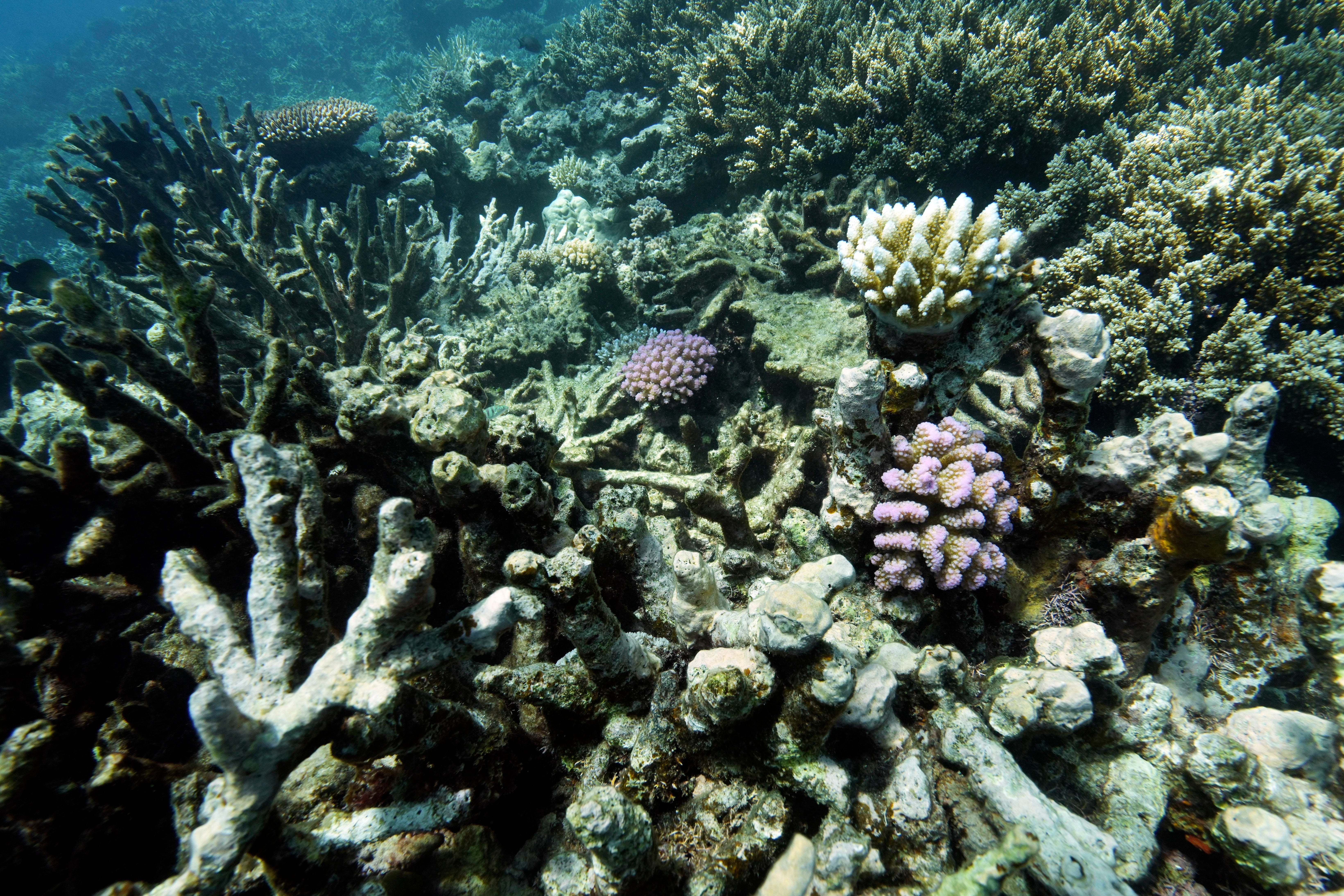UN agency that governs international waters mired in grueling debate over deep sea mining
Members of a U.N. agency that governs international waters are locked in a fierce debate amid disagreement over whether to allow deep sea mining and set a new deadline for proposed regulations still stuck in draft mode

Your support helps us to tell the story
From reproductive rights to climate change to Big Tech, The Independent is on the ground when the story is developing. Whether it's investigating the financials of Elon Musk's pro-Trump PAC or producing our latest documentary, 'The A Word', which shines a light on the American women fighting for reproductive rights, we know how important it is to parse out the facts from the messaging.
At such a critical moment in US history, we need reporters on the ground. Your donation allows us to keep sending journalists to speak to both sides of the story.
The Independent is trusted by Americans across the entire political spectrum. And unlike many other quality news outlets, we choose not to lock Americans out of our reporting and analysis with paywalls. We believe quality journalism should be available to everyone, paid for by those who can afford it.
Your support makes all the difference.Members of a U.N. agency that governs international waters were locked in a fierce debate late Friday over whether to allow deep sea mining and set a new deadline for proposed regulations still stuck in draft mode.
The U.N. International Seabed Authority, which is based in Jamaica, began its two-week conference on the issue July 10 but discussions behind closed doors dragged on during the last day of the meeting.
“It’s quite a marathon,” Michael Lodge, the agency’s secretary general, said at a press briefing Friday. “There are still loose ends to tie up.”
The agency has yet to issue any provisional mining licenses, and it missed a July 9 deadline to approve a set of rules to govern such activity.
Companies and countries can now apply for a mining license as demand surges for precious metals that are found in the deep sea and are used in electric car batteries and other green technology.
The U.N. agency has issued more than 30 exploration licenses but none for actual mining so far. Most of the exploration is focused in an area between Hawaii and Mexico that spans some 1.7 million square miles (4.5 million square kilometers), with the activity taking place at depths of up to 19,000 feet (6,000 meters).
Members of the International Seabed Authority said they expect to resume work on the proposed regulatory framework at the body's November meeting, the third one of the year.
Asked what would happen if a country or company applied for a deep sea mining license with no regulations in place yet, Lodge said the council would deal with things as they came up.
“The council has the ability to meet whenever it wishes,” he said.
Council President Juan José González Mijares said at the briefing that a regulatory framework has to be in place before any exploitation activity begins.
A growing number of countries are calling for a moratorium or a precautionary pause on deep sea mining, saying they are concerned about the potential environmental impact. They want more scientific studies done first.
Scientists have warned that such activity could kick up silt storms and create noise and light pollution in a watery underworld that has barely been explored.
Companies pushing for deep sea mining, however, argue that undersea mining would be cheaper and have less of an environmental impact than land mining.